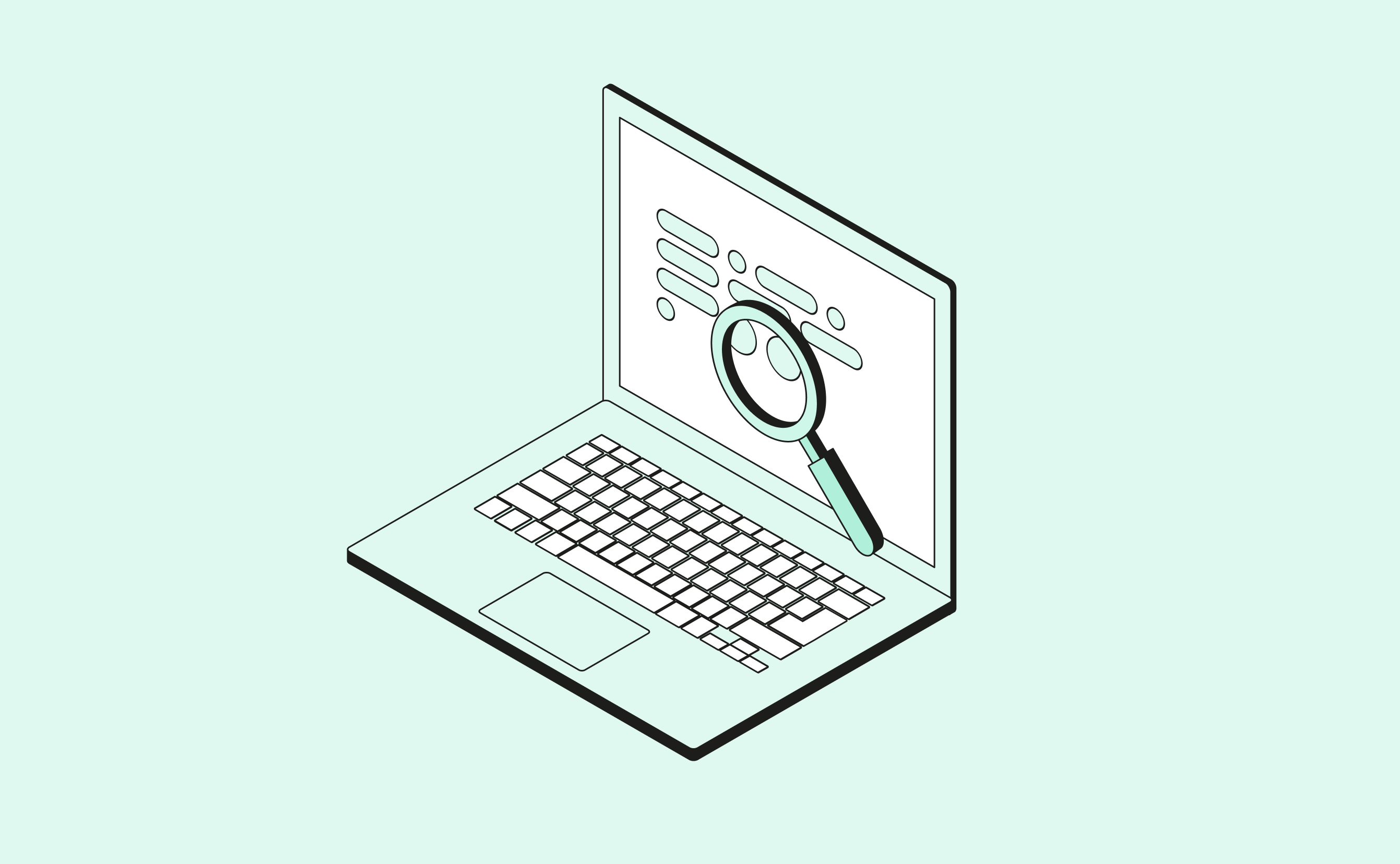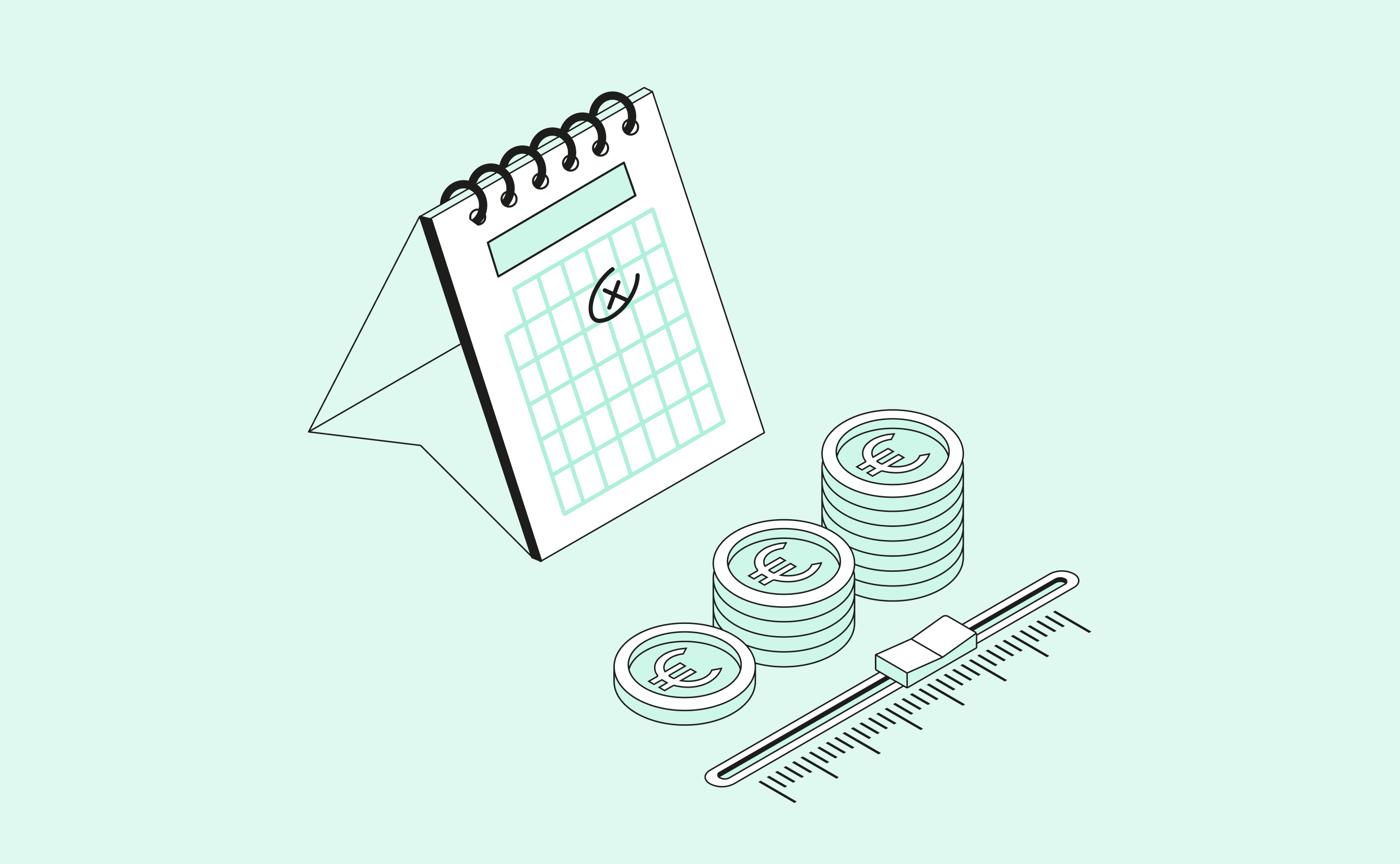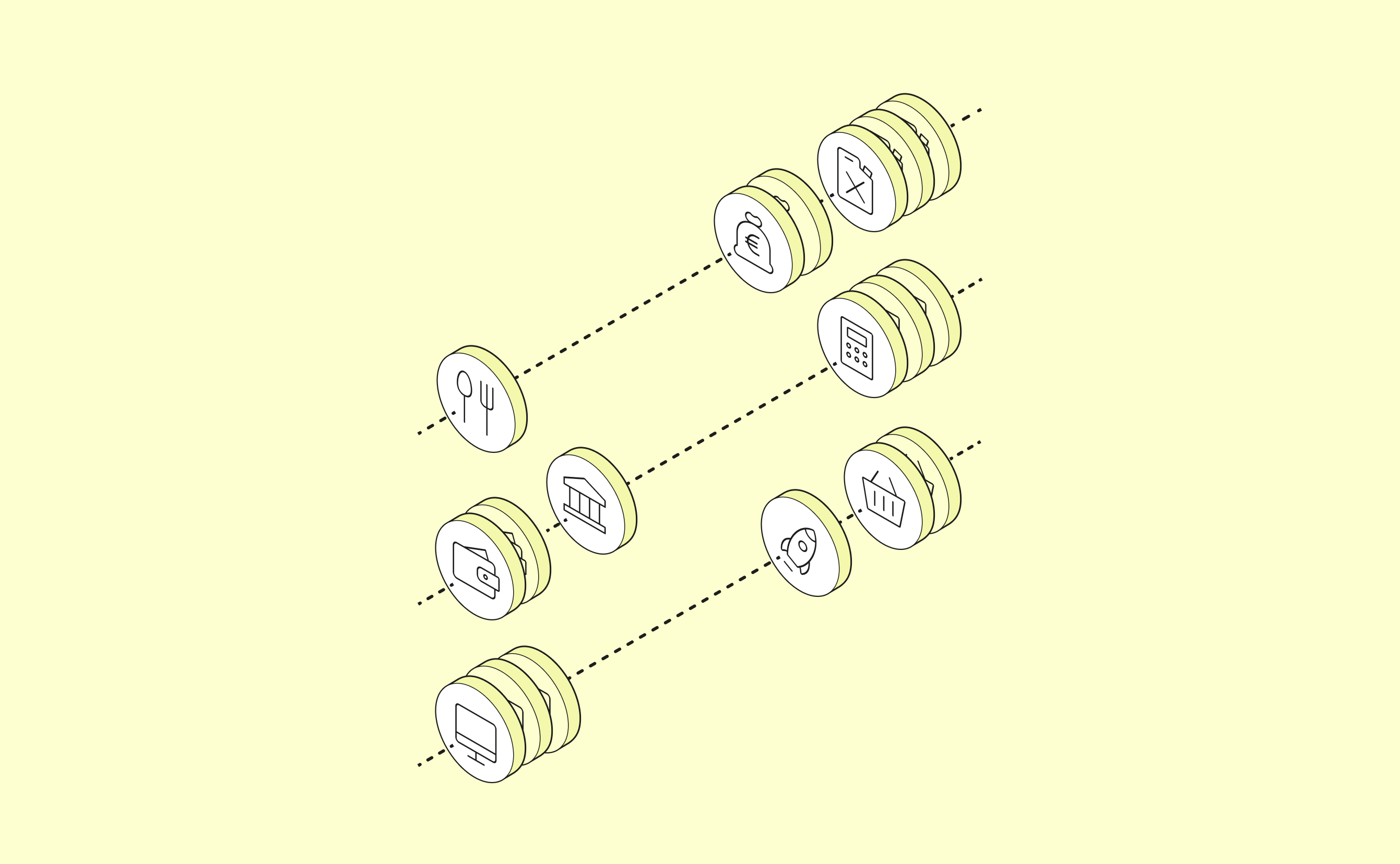How would you rate your financial vocabulary? Do you consider yourself financially literate? Are you scratching your head reading these questions? If so, no need to stress.
What Is financial literacy and why should you improve yours?

What is financial literacy?
Financial literacy is a confident grasp of financial terminologies and concepts. This involves a good understanding of the following aspects which go a long way in providing financial security and mental wellbeing:
- Saving
- Investments
- Debt
A survey by the OECD found that across Europe, about half of the adult population lacks a sufficient understanding of basic financial concepts. This is emphasised when taking into account lower income groups, women, older and younger generations, who generally score lower on financial literacy tests.
Why is financial literacy important?
Financial literacy will play a role in your life from the moment you reach adulthood and well into your old age. When you become financially independent, you are expected to take care of your finances yourself. The more comfortable you are with this concept, the better life you are likely to lead.
Financial literacy: 7 basics to get you started
While good financial literacy requires more than just memorising key definitions, there are a few basic terms and concepts you should hold onto. Below are selected financial literacy concepts that are of particular importance to small business owners, freelancers, and entrepreneurs.
Pay Yourself First
A mentality for investors and an increasingly popular phrase in personal finance, it denotes a strategy in which you prioritise savings and investments while maintaining frugality. To adopt it, designate a portion of each paycheck to your savings before paying your living expenses.
Budget
Your budget is your estimation of revenue and expenses, spanning over a period of time in the future. It’s your financial plan.
Bankruptcy
Bankruptcy is a legal proceeding. It will occur if you as a business owner or sole trader are unable to pay your outstanding debts and must clear them to maintain your business.
Creditworthiness
A potential lender will make an assessment of you based on your creditworthiness. Whether or not they approve you of new credit will depend on their assessment.
Business Banking
Business banking is banking tailored for your business. Providing business loans, savings accounts and checking accounts all designed for companies rather than individuals, business banking providers are experts in all financial matters for your business.
Debit card vs. credit card
Despite their identical looks, there are crucial differences between debit and credit cards. Where a debit card allows you to draw funds you’ve previously deposited to your bank account, when you use a credit card, you are borrowing money from the card issuer up to a certain allowed amount. It’s your money vs their money.
Interest and interest rate
Interest is the price of borrowing money. The borrower pays a fee to the lender for having loaned the money. Usually expressed as a percentage, interest can be either simple or compounded. Where simple interest is based on the original sum of the money borrowed, compound interest is calculated based on the initial amount plus accumulated interest from previous periods. It is essentially interest on interest.
Ways to improve your financial literacy
News sources
Fintech is constantly evolving, both on the business side and the technology side. Startups break new ground with innovative new features, developments in open banking and SaaS radicalise financial management for business and customers.
Apps
We all use apps to better our daily activities: fitness, healthy eating, dining options, and language learning are all accelerated by the device we have in our pockets. So why not add ‘financial literacy’ to that list of daily improvements?
Finance Podcasts
Even more on-the-go than apps or news resources, you can boost your financial literacy from gurus and professionals or keep up with the news while you cook, run or while away the time in traffic. We’ve listened to our fair share of finance podcasts and think you should check out these ones.
Books
The most time consuming and demanding of your attention, good books promise the biggest reward on the subject you wish to learn about. Read books to become an expert on specific topics of interest to you rather than for general financial learning. That’s what the above resources are more suited to.
Finfluencers
Influencers with a financial inclination, finfluencers have grown in number recently across platforms like Youtube, Tik Tok, and Instagram. They claim to have neat tricks and life hacks to make you better with your money, but it’s important to discern the gurus from the grifters.
The path to financial literacy
If you’re just beginning your journey towards becoming more financially literate and you’re feeling a little overwhelmed, don’t worry. There’s a lot of information out there and it can seem like every resource exposes something else that you’re lacking. It’s important for both your business and your mental wellbeing to think of financial literacy as an ongoing process. Some of it will be self-taught and some you will learn by doing. The main thing is that you are always learning.






